|
By Karen Carnabucci, LCSW, TEP One of our dearest illusions in the workings of the brain is the belief that, “It can’t happen here.” Too frequently, and in too many ways, we come to learn – actually experience – that it can indeed happen here. The latest place of this lesson is the medium-sized Midwestern city of Kenosha, Wis., which has been everywhere in the news because of what happened two weeks ago today. Sadly, the community is the place where Jacob Blake, an apparently unarmed Black man was shot seven times in the back at extremely close range by a police officer while Jacob's three children watched from the back seat of the car that their father was trying to enter. This shooting led to several peaceful protests about this abuse of power during the daytime, and destruction of several buildings, cars and businesses when night fell. Then a teen-age boy, whose social media postings spoke of police idolization, white supremacist leanings and Donald Trump fandom, arrived from Antioch, Illinois, emboldened with an AK-style weapon in hand. In the dark of the night, the teen shot and killed two protesters and seriously wounded a third. Wait, wait, wait. How did this happen in this lakefront town – which locals call K-Town – that only a day before was a quiet community with a low profile? Lots of people are asking that question, and so they should. A League of Their Own Alert movie watchers will remember hearing the name during the movie “A League of Their Own,” which chronicled the story of the all-women’s baseball teams that flourished during the 1940s while the men were off fighting World War II. The women’s team, the Kenosha Comets, made a mention, along with the Racine Belles, the women’s team from the next county. And if you listen carefully during “The ’70s Show,” a television show about lives of a group of six teenage friends living in a fictional Wisconsin town, it sounds suspiciously like Kenosha. For 16 years, I lived and worked in Racine, Wis., an easy 20-minute drive north of Kenosha. Once a thriving factory town, Kenosha still offers many charming pleasures, mostly known to the folks who live there or nearby. Here, you will find triple museums – the Kenosha Public Museum, which boasts the reconstructed giant ice age woolly mammoth excavated in Kenosha County and other natural treasures; the top-notch Civil War Museum which might be second largest such museum in the country and hosts Civil War enactments; and just further south, the historic Kemper Center, which exhibits local, regional and national artists and the occasional outdoor jazz festival. "Much water" What makes these gems all the more wonderful is the fact that the museums are located on the shore of beautiful and sparkling Lake Michigan and look out to an expansive body of water that the native Indigenous called “Michi Gami,” which means “Much water.” Much water indeed. The lake shore is a special attraction, where you could stroll or bike to a few charming little cafes for coffee and a sweet biscuit, or perhaps fly a kite or check out a drumming circle organized by my friend Heather. There’s Tenuta’s, the legendary Italian delicatessen where you can breathe in the heady aromas of imported prosciutto and mortadella and what seems like hundreds of cheeses, including the huge waxed log of provolone cheese, neatly tied with twine and hanging from the ceiling. Before leaving, you could purchase a box of cannoli or another pretty pastry treat or a fried pepper and meatball sandwich. Frank’s Diner, a classic diner fitted into a vintage trolley car, serves the best breakfasts by sassy servers and was deservedly featured on the Food Network’s “Diners, Drive-Ins and Dives” a few years ago. Through the decades, this little restaurant has hosted many celebrities, including the actors who played The Three Stooges, plus Lawrence Welk, Bela Lugosi, Duke Ellington and Liberace. Recent superstar sightings included actor and activist Mark Ruffalo – from Kensoha! – and various Green Bay Packers, which is a required religion if you live in Wisconsin. You may also visit the outdoor farmers’ market, peruse the fresh gourmet garlic grown by Curzio, the authentic African baskets sold by Gretchen and a multitude of crafters and farmers who sell home-made soap, jewelry, honey, candy, vegetables and cheese. Many people, me included, remember Father Dom’s Duck Doo, a poplar project started by civic-minded priest who turned ordinary duck manure into organic fertilizer made from recycled duck poop, cranberries, rice hulls, wood shavings, pickles and vanilla beans. Just north of Kenosha is Carthage College with a well-respected social work department; to the west is a University of Wisconsin campus with some really smart people -- I know a few -- and nearby is a community college. I could have taken a ride on the vintage streetcar that constantly rolls through its two-mile route in town, but that didn’t happen and I moved back to Lancaster County, Pennsylvania, in 2016. A community in pain Now we see a community in pain. The store where I bought used furniture when I opened my psychotherapy practice in Racine is burned to the ground. A lot of parked cars are burned shells dusted with ash, and residents are feeling stress, agitation and fear. The local churches are holding vigils. Friends tell me they are moving from shock to rebuilding, and the plywood that covers the boarded-up windows of so many businesses has been painted with bright murals and messages of hope, love and equality. It is true art therapy, coming spontaneously from the hearts of people in the community. We also see a clear juxtaposition of excessive force and white privilege. Is there any doubt that if a Black teen openly carried a gun on a city street, shot and killed two people and injured another person, he would be shot immediately by the police? So, we see racism and white privilege on public display, and Kenosha is paying a high cost. Let us make sure that cost is not for loss, but for the gain of a place where people can learn to live with respect and connection. Kenosha, I love you. Karen Carnabucci, LCSW, TEP, had a private practice in Racine, Wis., for 16 years as a psychotherapist, coach and trainer. She was an adjunct instructor at Gateway Technical College, a community college with branches in Racine and Kenosha, and the University of Wisconsin-Parkside, just outside of Kenosha. She now lives and practices in Lancaster, Pa.
1 Comment
Marilyn Ebel
9/9/2020 11:40:39 pm
Karen,
Reply
Your comment will be posted after it is approved.
Leave a Reply. |
AuthorKaren Carnabucci, LCSW, TEP, is an author, trainer and psychotherapist who promotes, practices and teaches experiential methods including psychodrama, Family and Systemic Constellations, sand tray, mindfulness and Tarot imagery. Archives
December 2023
Categories
All
|
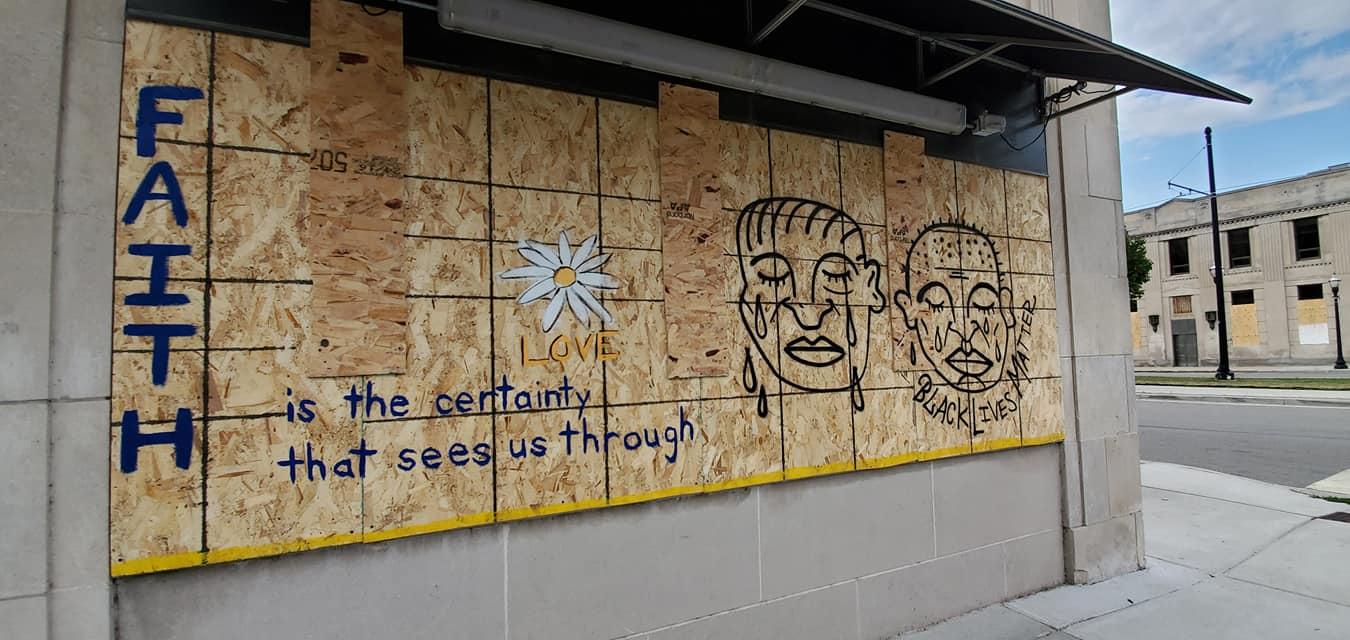
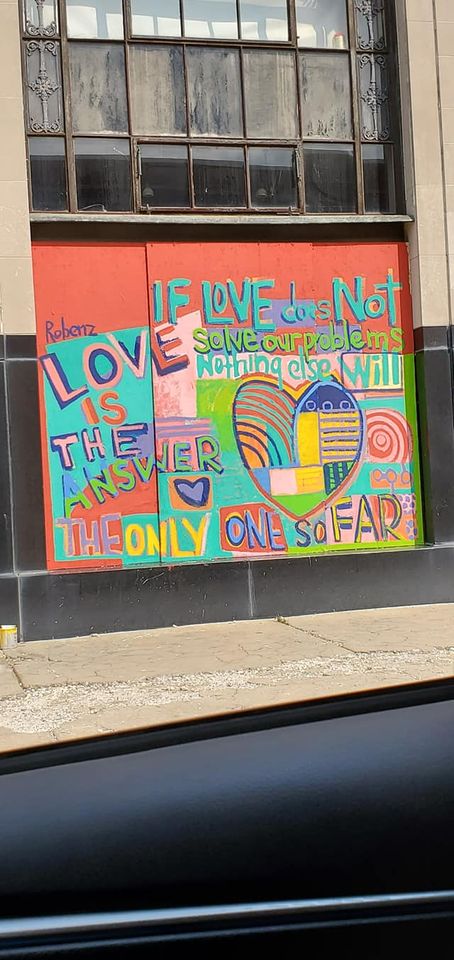
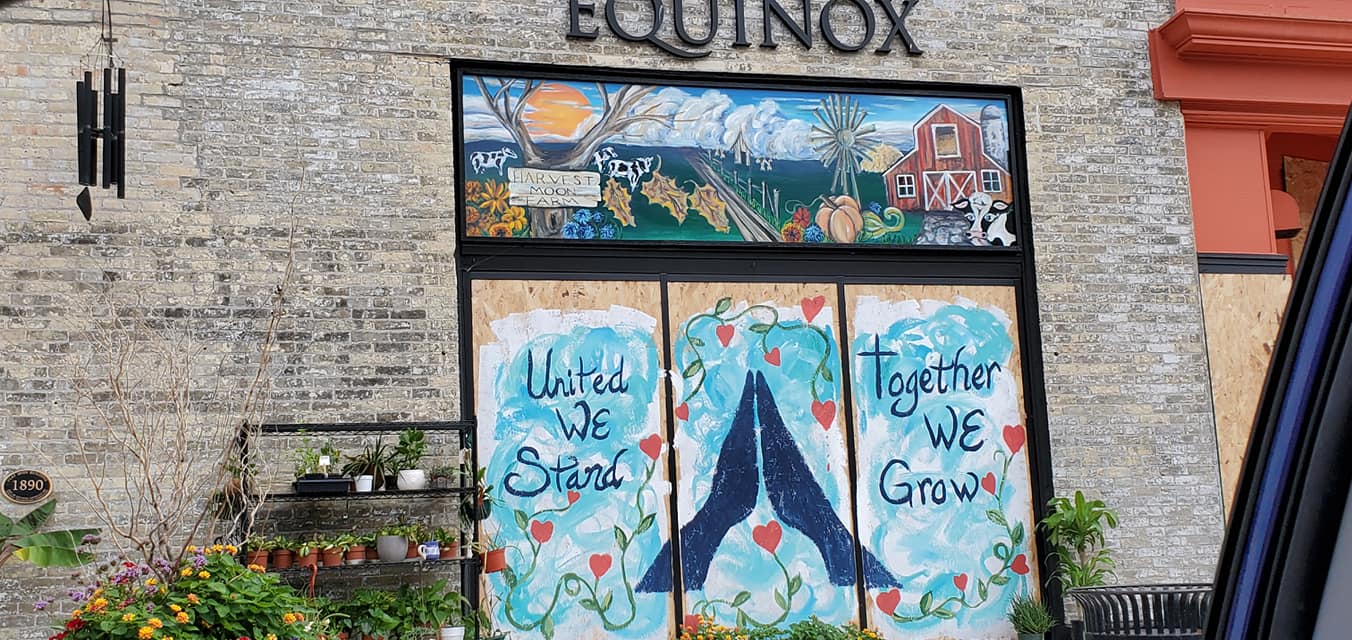
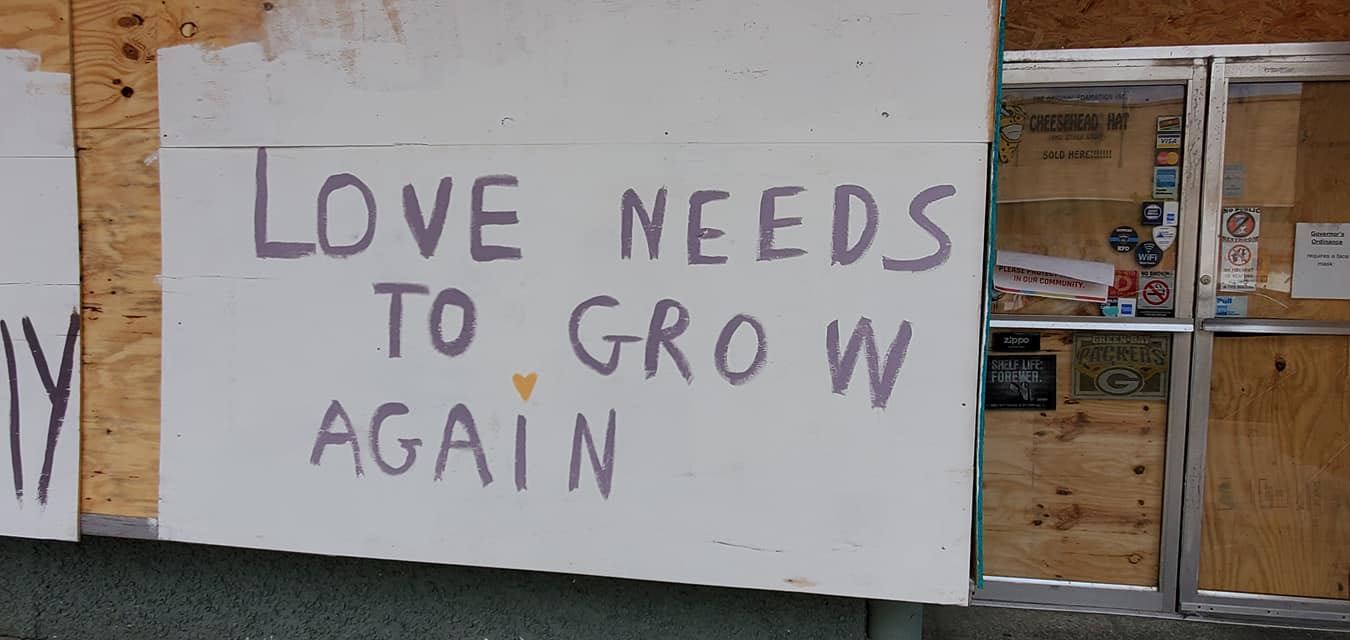
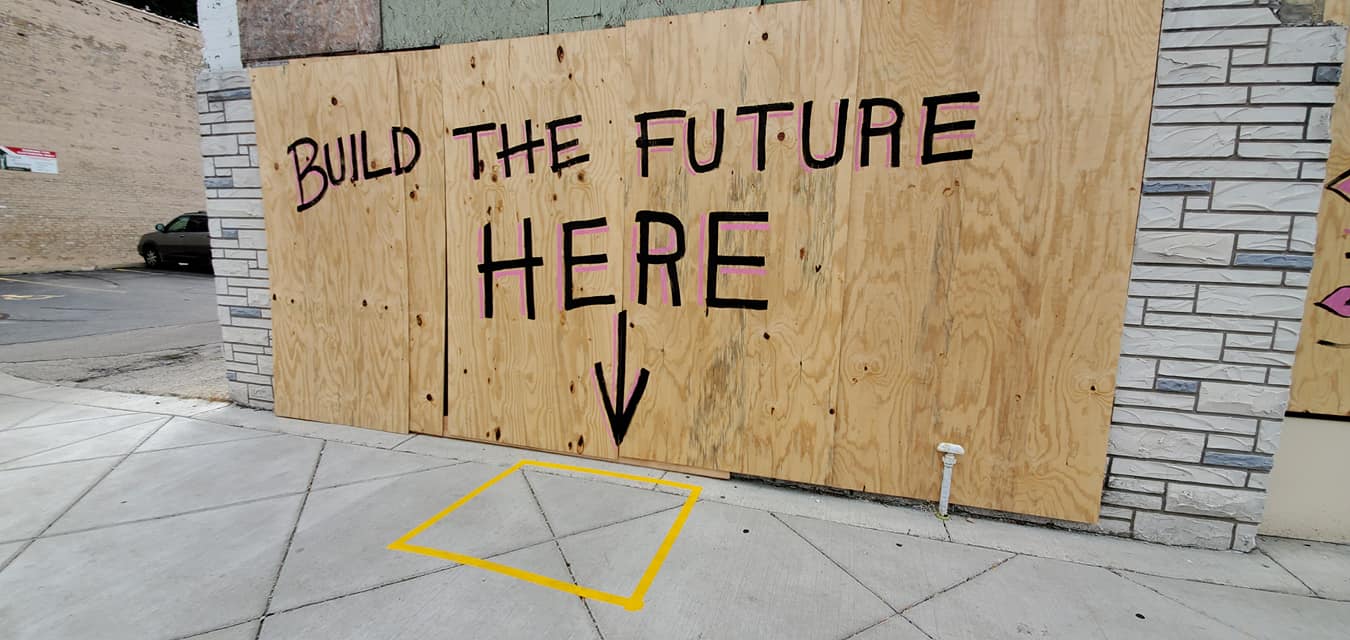
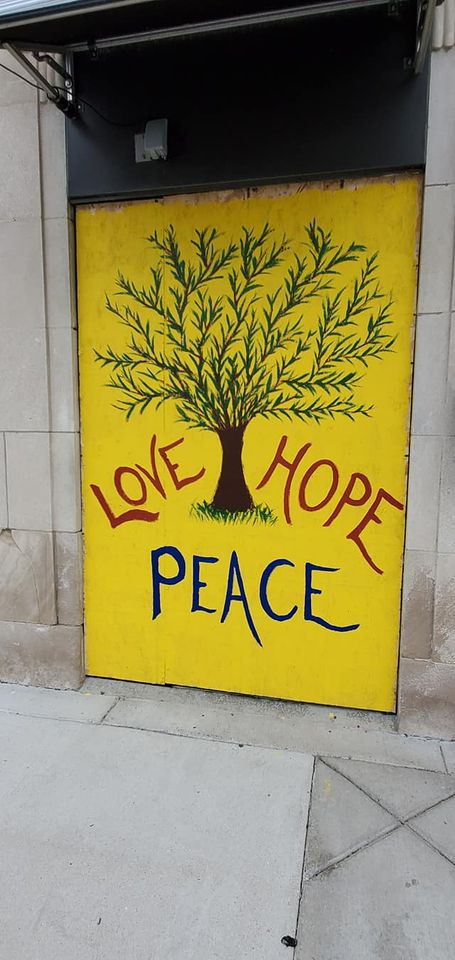
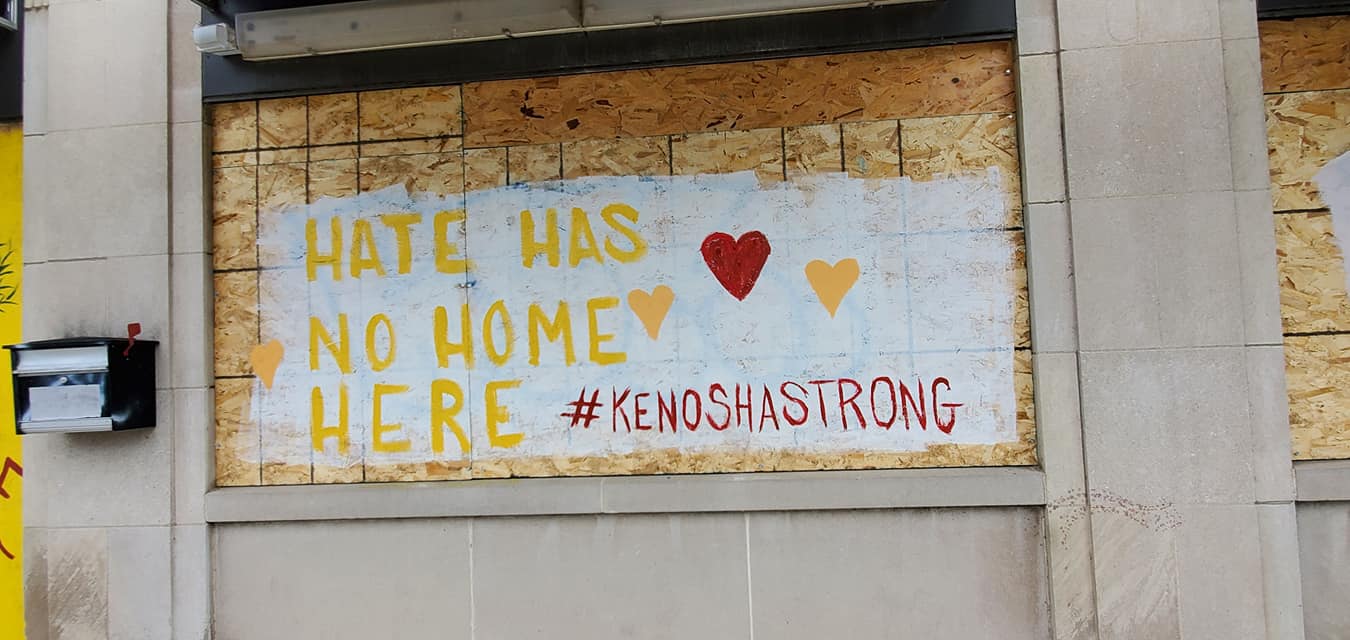
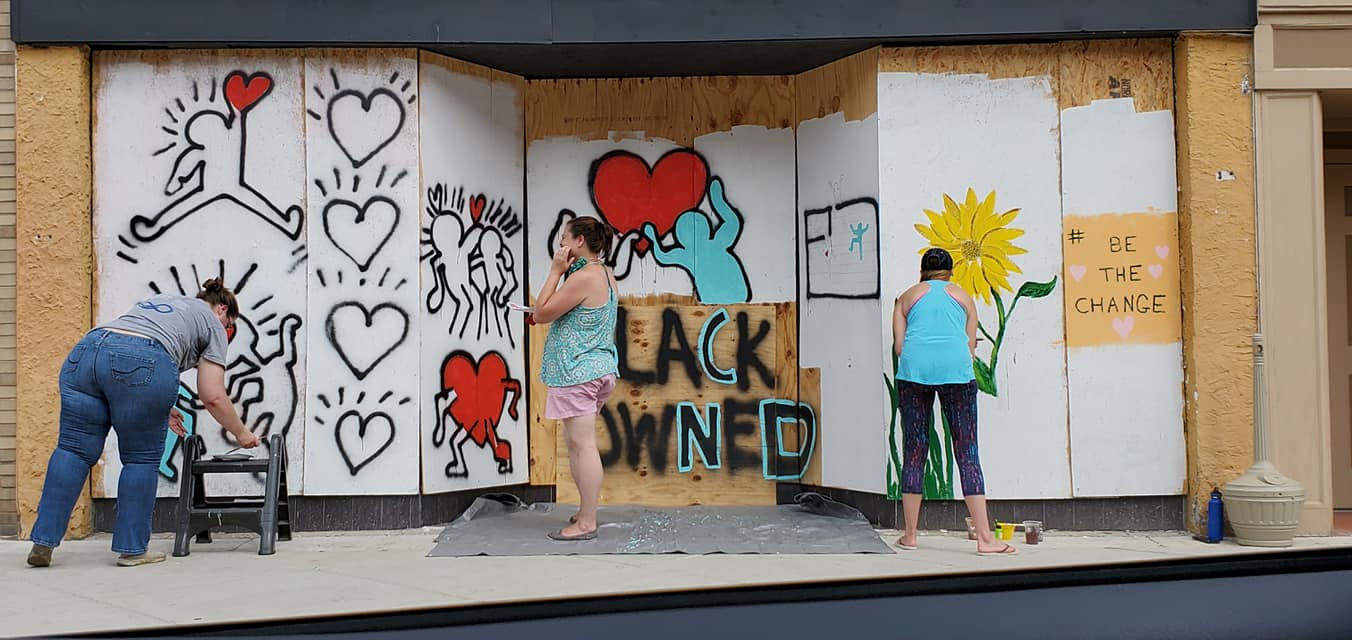
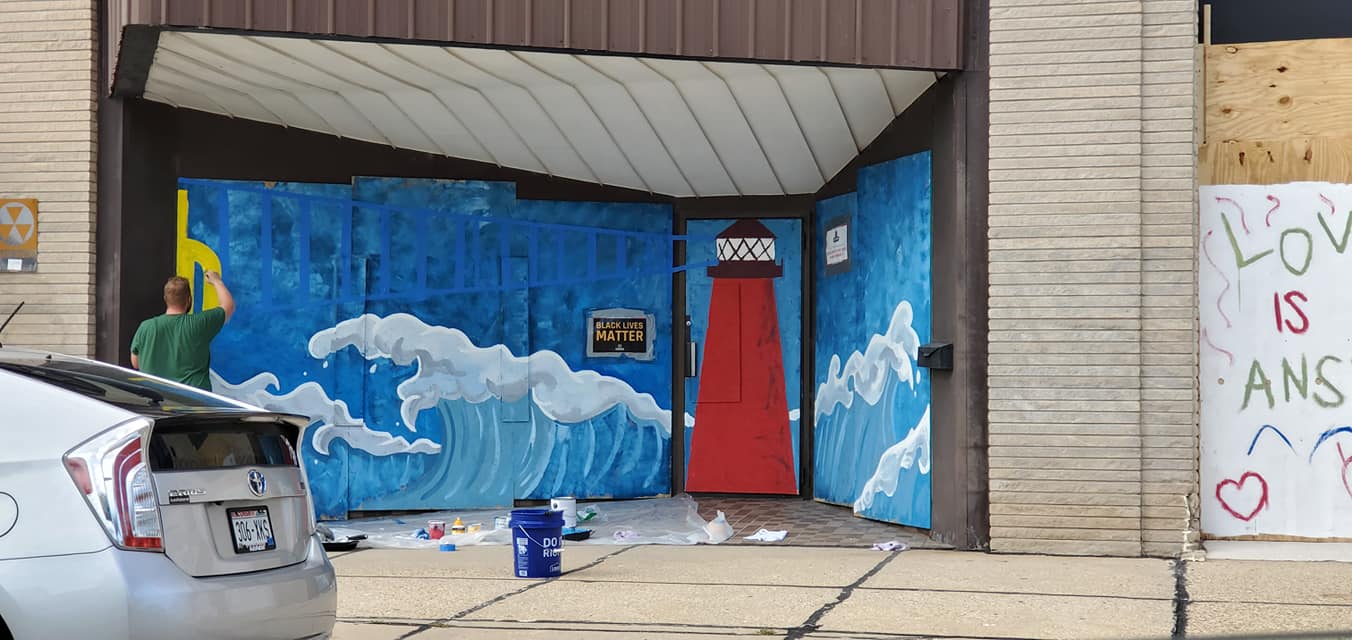
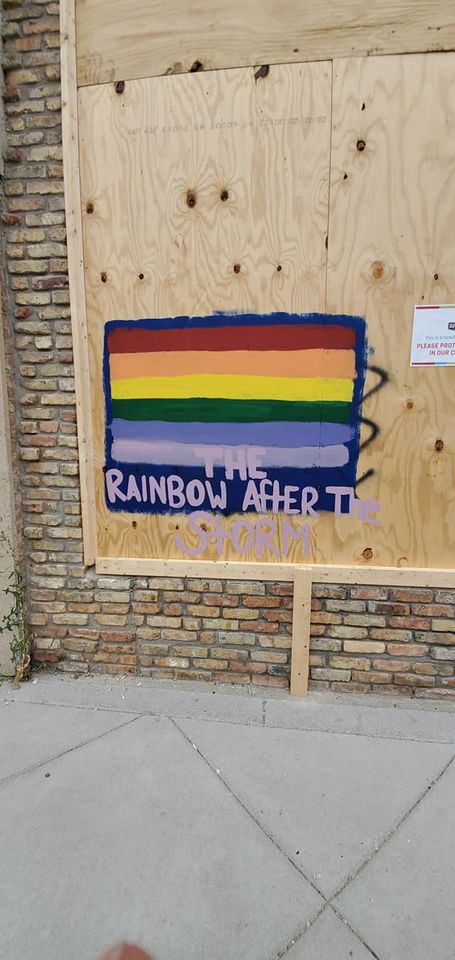
 RSS Feed
RSS Feed